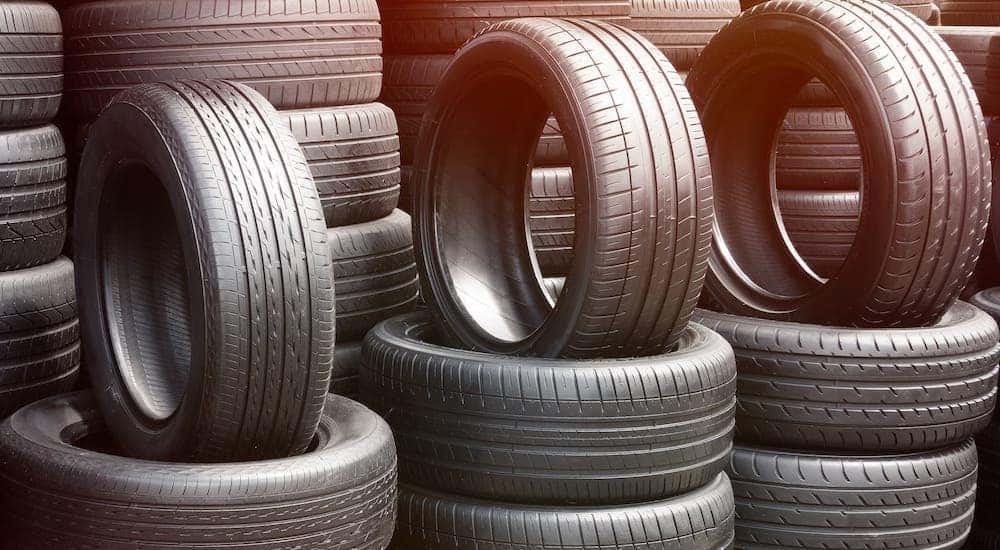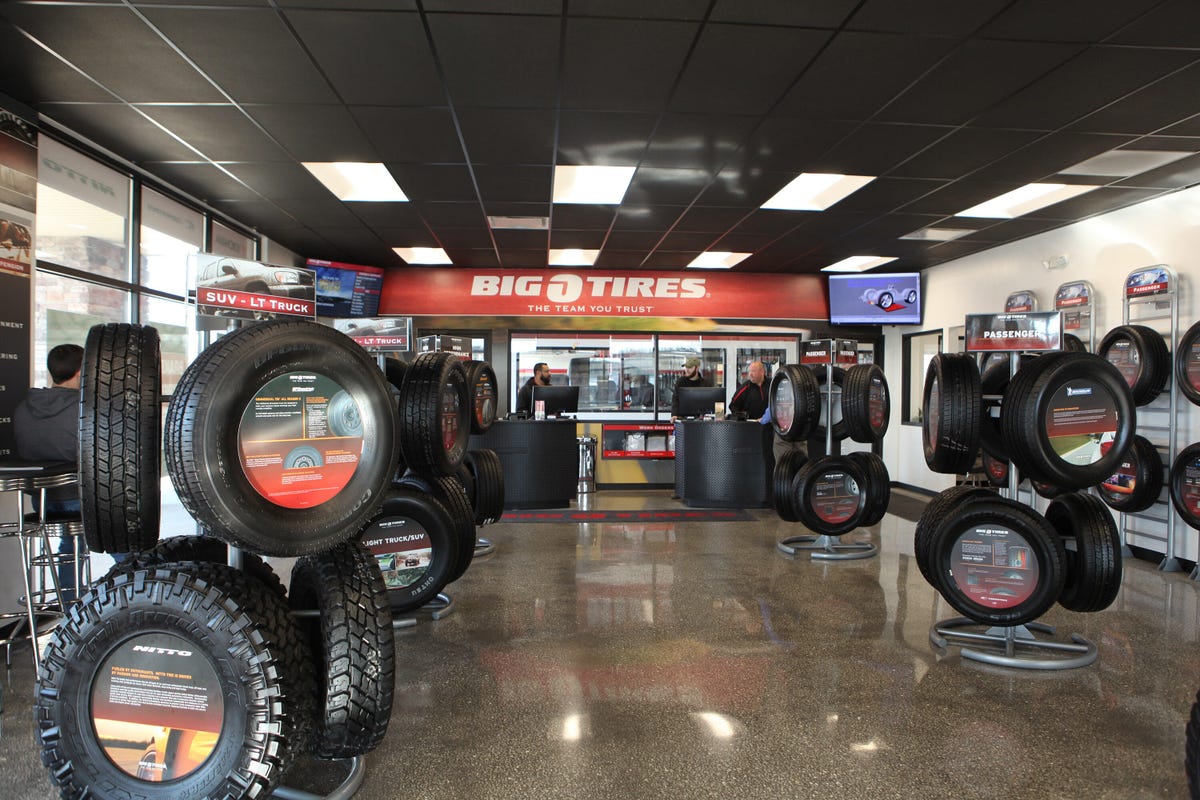Enjoy Big Financial Savings on Discount Tires Morris IL: Shop Now for Offers
Enjoy Big Financial Savings on Discount Tires Morris IL: Shop Now for Offers
Blog Article
Tire Solution: Recognizing Tire Stress Monitoring Systems
Understanding Tire Stress Monitoring Solutions (TPMS) is a critical element of maintaining ideal lorry performance and security on the roadway. With developments in auto technology, TPMS has come to be a common feature in contemporary lorries, providing real-time info on tire stress levels.

Relevance of TPMS
The relevance of Tire Pressure Surveillance Solutions (TPMS) depends on their capacity to enhance vehicle security and efficiency through real-time monitoring of tire pressure levels. Preserving the correct tire pressure is crucial for making sure optimum handling, stopping, and overall security of a vehicle. TPMS offers chauffeurs with prompt responses on any type of overinflated or underinflated tires, permitting for timely adjustments to be made.
Components of TPMS
Sensing units are generally situated in the tire shutoff stem or affixed to the wheel assembly, where they determine tire stress and send information to the control component. Some progressed TPMS versions also display the real tire stress analyses for each tire, giving drivers with real-time information to ensure ideal tire efficiency and security. By keeping an eye on tire stress constantly, TPMS assists protect against crashes, lowers tire wear, and boosts gas performance, making it a critical part for lorry security and performance. morris tire and alignment.
Types of TPMS

On the various other hand, indirect TPMS depends on the lorry's wheel speed sensing units to keep track of tire pressure. This system identifies underinflation by comparing the rotational rates of the wheels. Indirect TPMS is less pricey than direct TPMS, as it utilizes existing sensing units within the vehicle.
While straight TPMS offers much more exact readings, indirect TPMS is simpler in style and generally needs much less maintenance. Both systems have their constraints and advantages, and the selection between them frequently depends on elements such as price, vehicle make, and personal choice. Understanding the distinctions between these two kinds of TPMS can aid car proprietors make informed choices pertaining to tire maintenance and security.
TPMS Upkeep Tips
Reliable maintenance of TPMS is crucial for making certain optimal performance and security of your automobile. Frequently evaluating the TPMS sensing units for any damage or corrosion is important. Make certain that the sensing units are clean and totally free from particles that might disrupt their performance. Additionally, it is recommended to inspect the sensor batteries occasionally and change them as required to assure precise analyses. Conduct regular look at the tire pressure levels and compare them with the TPMS readings to ensure they correspond. Rectify the system adhering to the supplier's standards if there are any type of inconsistencies. During tire rotation or substitute, make sure that the TPMS elements are handled meticulously to protect against any type of potential damages. Last but not least, if the TPMS alerting light illuminates on the control panel, attend to the problem promptly by examining the tire stress and the overall system for any kind of mistakes. By adhering to these upkeep ideas, you can prolong the lifespan of your TPMS and improve the safety of your driving experience.
Advantages of Proper Tire Stress
Maintaining appropriate tire pressure, as highlighted in TPMS Maintenance Tips, is important for enjoying the numerous advantages associated with ideal tire stress degrees. One of the primary advantages of keeping the appropriate tire stress is boosted gas effectiveness. When tires are correctly blown Get More Information up, there is much less rolling resistance, resulting in much better gas economic situation. Furthermore, appropriate tire stress makes certain even tire wear, extending the life-span of the tires and promoting much safer driving problems. With the appropriate tire stress, vehicles also have far better handling and traction, specifically in adverse climate condition. This can improve total driving efficiency and safety for the chauffeur and travelers. Preserving ideal tire pressure can contribute to a smoother and much more comfy experience by minimizing vibrations and noise caused by underinflated tires. In verdict, the advantages of correct tire stress go past just tire longevity; they encompass improved gas effectiveness, enhanced safety, better lorry efficiency, and general driving comfort.
Final Thought
In conclusion, recognizing tire pressure surveillance systems (TPMS) is crucial for keeping optimal tire stress and guaranteeing lorry security. By acknowledging the significance of TPMS, being acquainted with its elements, recognizing the different kinds readily available, sticking to correct maintenance pointers, and realizing the advantages of keeping proper tire stress, drivers can improve their driving experience and lengthen the lifespan of their tires. Appropriate tire pressure is key to risk-free and reliable vehicle go now operation.

Report this page